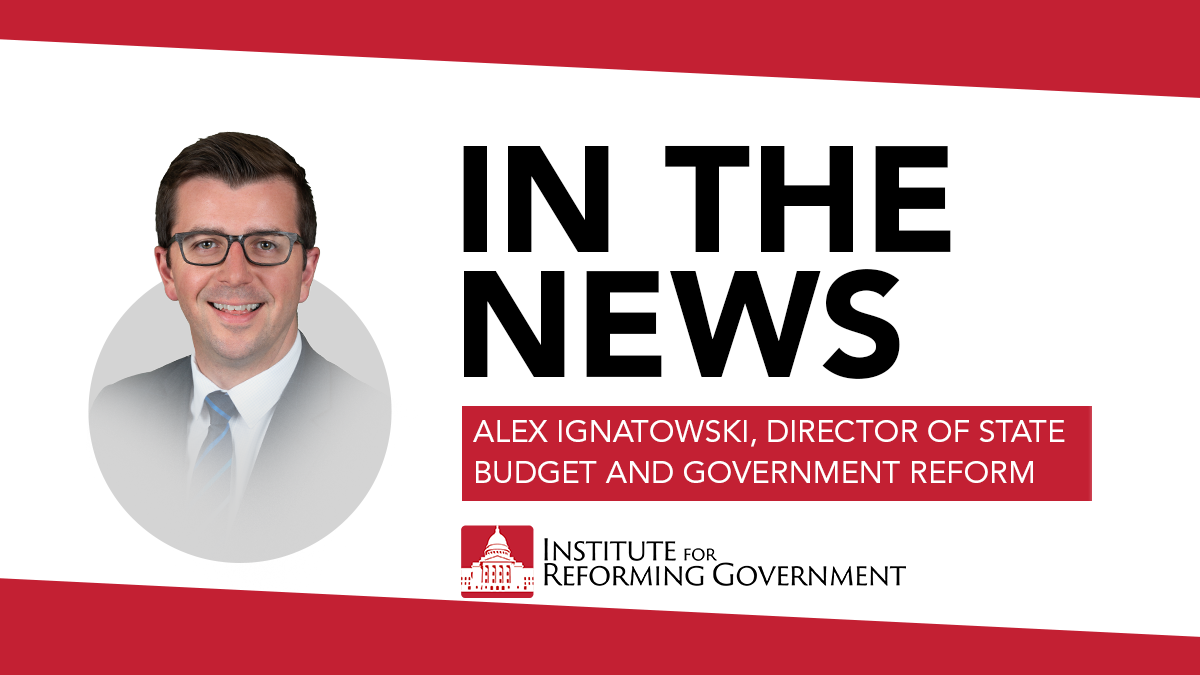This post originally appeared at https://reforminggovernment.org/featured-panelists-say-communication-critical-as-medicaid-redeterminations-return/

(Wisconsin Health News) – Panelists say communication critical as Medicaid redeterminations return
Communication will be critical as the state restarts Medicaid renewals, Wisconsin Health News panelists said Tuesday.
In the early days of the pandemic, Wisconsin implemented a continuous enrollment policy for Medicaid, opting to keep members covered in exchange for additional federal dollars.
That policy ended in April, and the first renewal due date is June 30.
“This is a marathon, as some people like to say, not a sprint,” Medicaid Director Jamie Kuhn said.
She said the Department of Health Services has been working for more than a year to prepare.
Access Community Health Centers CEO Dr. Ken Loving said they have a “full-court press” to make sure patients are aware, help them in navigating the changes and get them connected to coverage if they transition off of Medicaid.
“What we’re doing today is an important part of it, and that’s communication,” he said.
Ted Osthelder, president of Anthem Blue Cross and Blue Shield Medicaid – Wisconsin, said they’re working to ensure those leaving Medicaid have information about commercial options, including through employers, insurance agents and brokers, and health insurance navigators.
“We just have to keep up the drumbeat about making sure people understand how to navigate what is not a very intuitively easy process,” Osthelder said.
Joanne Alig, senior vice president of public policy at the Wisconsin Hospital Association, said they appreciate DHS for making available patient lists, which hospitals will use to help members as renewal deadlines approach.
“We have a pretty robust network here in Wisconsin, and I’m pretty hopeful that people will transition their coverage,” she said.
Rep. Donna Rozar, R-Marshfield, recently authored a plan that aims to require DHS to finish with renewals by the end of the year.
“We need to speed up this redetermination process because by getting people off that aren’t eligible, hopefully, then we can address some increase in reimbursement rates,” she said.
“The program should be for people who are eligible,” Alex Ignatowski, director of state budget and government reform at the Institute for Reforming Government. “We think that the fastest way possible to get through the redeterminations would be the best approach.”
Kuhn said she agrees on the need to boost reimbursement rates, which she said could be accomplished by taking federal dollars to expand Medicaid through the Affordable Care Act.
She said they can’t speed up the process any faster due to federal requirements that they redetermine members’ coverage over a 12-month period.